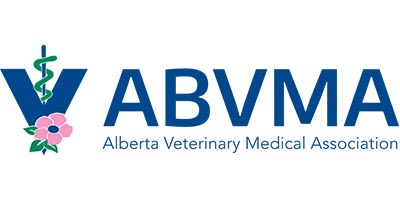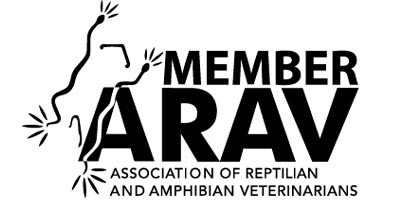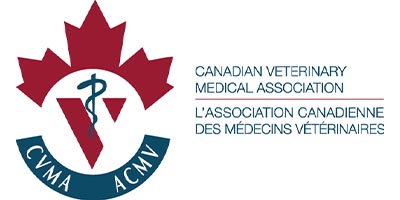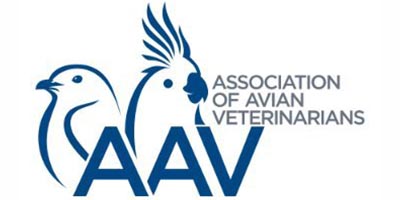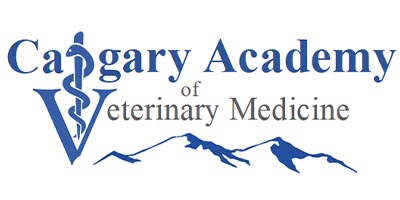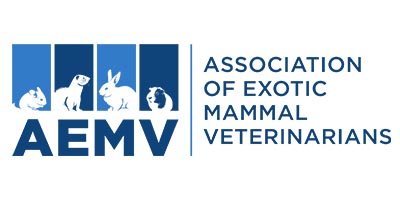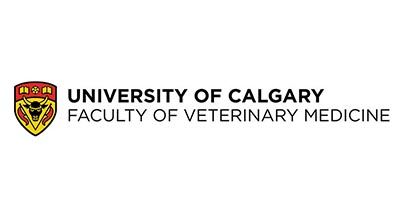Salmonella is a bacterium with over 200 serotypes isolated from reptiles alone. It is a bacterium that has the potential of causing mild to serious disease in any species, but is considered more likely in all pet species of reptiles, hedgehogs, sugar gliders, and prairie dogs. Salmonella is a zoonoses; that is, a disease that humans can contract from animals.
In animals, Salmonella can cause one of two states. In a disease state, a pet can become physically sick, showing signs of lethargy, diarrhea, bloody stool, weight loss, or inappetence. Salmonellosis can be life threatening in its disease state and warrants immediate veterinary intervention. More commonly, however, an exotic pet will remain asymptomatic with Salmonella, meaning it shows no obvious signs of disease, but carries the Salmonella bacteria in its body and during times of stress, sheds the bacteria in its saliva, stool, and all other body secretions. These pets become a significantly greater concern, as they are silent carriers of the disease, putting those around them at risk.
In people, Salmonella causes an acute and serious gastrointestinal disease, with bloody diarrhea, vomiting and dehydration. Those at greatest risk are individuals that are immuno-compromised, including the very young and the very old.
Diagnosis of Salmonella can be difficult, especially in the carrier pets. A swab is taken, usually from the vent or rectum, and an attempt is made to grow the bacteria on a special laboratory culture medium. If the test is positive, the answer is clear – the animal is carrying and shedding Salmonella. However, a negative test only means the animal is not shedding the bacteria at the time of sampling; it does not mean the animal does not carry the bacteria and as such, may potentially shed it at a later date.
To monitor an animal’s Salmonella status, a series of cultures should be performed. In large collections of exotic pets, post mortems (or autopsies) on all deceased animals should be performed in order to get an idea of the Salmonella status of the collection.
Treatment of Salmonella rarely eradicates the bacteria. Antibiotic and supportive care is most effective in cases where the animal is actually clinically sick with the disease. This animal may recover from Salmonellosis, but it is unlikely completely free of Salmonella and may simply revert back to a carrier state.
However, by following a few basic hygiene rules, the risk of Salmonella as a disease in either an exotic pet or its owner can be minimized.
- Assume all exotics, especially those mentioned above, are potential carriers of Salmonella and handle them accordingly. It is not recommended that these pets share households with immuno-compromised individuals. If in doubt, consult with a family physician and your veterinarian.
- Always wash your hands with a good disinfectant after handling the animal or its environment. Never eat or drink at the same time as you are handling the animal or cleaning its environment.
- Never clean or keep equipment in the same area as human food is prepared.
- Never share sinks or tubs with exotic pets.
- When cleaning enclosures, watch for splashes of water as these tiny droplets could carry thousands of Salmonella bacteria.
- Never use your mouth to start to siphon a tank of water.
- Use the appropriate disinfectants and rotate them to prevent Salmonella developing resistances to them. Household bleach and Virkon®, a veterinary disinfectant, are both effective. Remember to rinse well.
- Never kiss your exotic pet.
- Practice good husbandry to keep your pet’s stress to a minimum. Annual health exams are recommended on all species of pets. Quarantine and veterinary check all new animals entering a collection.
- Supervise children to ensure the basic hygiene rules are being followed.
THIS INFORMATION IS MEANT AS A GUIDELINE ONLY AND IN NO WAY REPLACES CONSULTATION WITH A VETERINARIAN.


